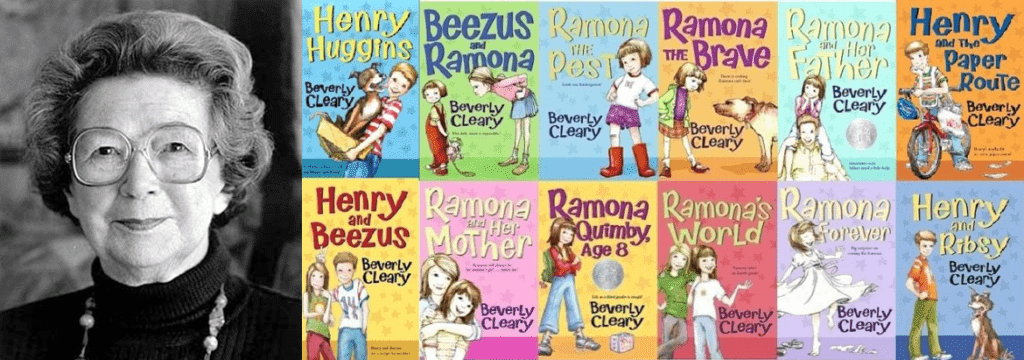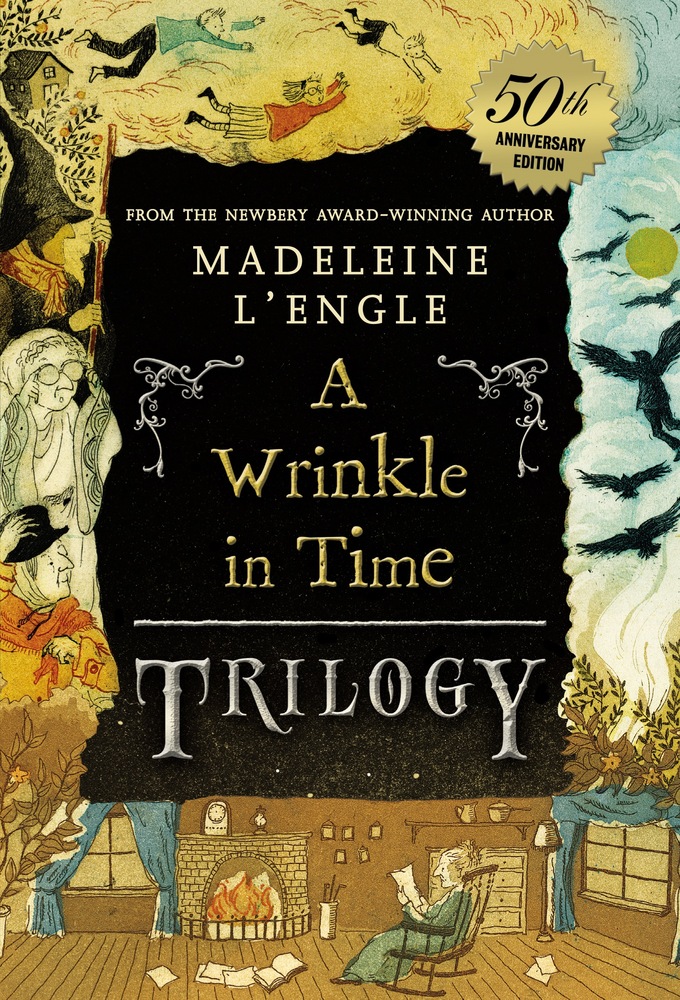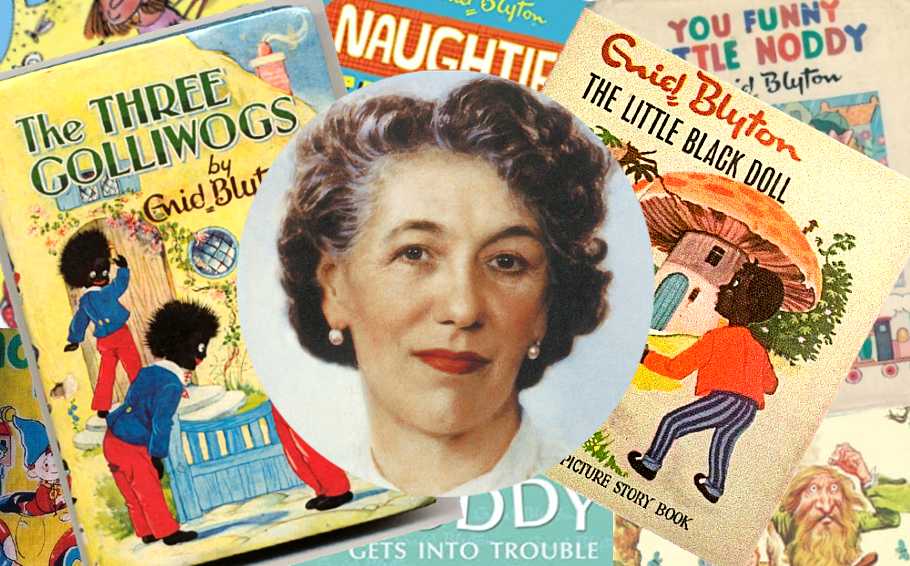I was itching to write this for the longest time but one thing after another pushed it on the back-burner, however this time, our young participants jolted me out of a procrastinating reverie and here we are with this much needed article.
Each month we receive a plethora of amazing recitations from wonderful children around the globe. We carefully listen to each entry, give constructive feedback and do our bit in helping these young orators bloom.
While we ensure the feedback to encompass each child’s individual strengths, area of improvement and further guidance, we stress that scores do not matter, participation does.
Performed in full childish splendour, sometimes bumbling, sometimes bustling with energy, sometimes an unintended younger sibling promptly intervening to join them make our hearts brim with bliss. Amid all these joyful moments we feel a little put off when a participant scores less just because of an incorrect choice of poem!
To avoid this here we are with tips and thoughts-
First and foremost is to read the instructions regarding the theme properly; if there’s an ‘OPEN’ theme, it means you can recite a verse of your choice.
But, here lies the catch. Actually two.
One, parents must let them choose a poem which they absolutely adore. This helps in forging an amazing emotional-connect with the audience as the child’s natural appreciation of the poem will spill out in the performance.
Two, a poem which fits in the given time limit, even if approximately, works wonders for the performance. Time limit is designed to let the child ‘stay’ with the judges/audience for sufficient time – enough to bring out the emotions and leave an impact.
If you are participating in a themed contest, then to understand the theme properly is of utmost importance. For example, if the theme is ‘Emotions’ you might choose any poem as there’s hardly a verse without emotions. You can choose ‘Don’t Quit, ‘The Train Journey, The Daffodils’ or anyone with a well-defined emotion at its core.
However, if the theme is spelled as ‘Recite a poem with any ONE emotion- Sadness, Regret, Joy, Anger’ then you must stick to these four emotions only. In this case, ‘Don’t Quit’ won’t fit the bill, so despite a well-expressed recitation with proper voice modulation the participant would miss on ‘Theme Adherence’
Another point to be taken care of is to choose according to the temperament of the child. Each child is different, some have a greater awareness of kinesthetics, others have a heightened sense for phonetics, while some have amazing inbuilt sense for pauses and voice modulation, other just love to recite, be in front of camera or stage…
Choose a poem which highlights the strengths of the child while also allowing to explore other areas of his/her personality.
For example –
Right from early childhood, I was drawn towards the ‘sound of the words’ finding them soft and harsh as per my own childish perception. Hence, I was happier in reciting something with words like ‘dawn, dusk, twilight, umbra and argentum’ instead of ‘daybreak, evening, shadow and silver’, though all these are roughly synonyms.
The feeling of those sounds on my tongue was thrilling, and that excitement reflected in my recitation making it effective. It was so until I grew up and veered towards falling in love with the meaning. Till today these play a significant role when I have to choose a poem for myself.
Similarly, everyone has an inclination which, of course can/might change as we grow, so let’s talk with them, observe and understand their preferences, what light up their faces and spark their imagination… are they happy talking about the Space or Earth?
The vrrooom of cars or the sound of ocean lapping at the shore …
Last but not the least, if we are choosing poems for our children then we must make sure that they identify with the topic and the words are age appropriate. We as parents should also ensure that the child understands it and admires it just the way we do.
That’s the reason there’s no perfect poem, only perfect performances. Anything which fits the theme, gives ample time to be expressive and which they enjoy reciting, is the best for them.

)
)
)
)
)
)
)
)
)
)